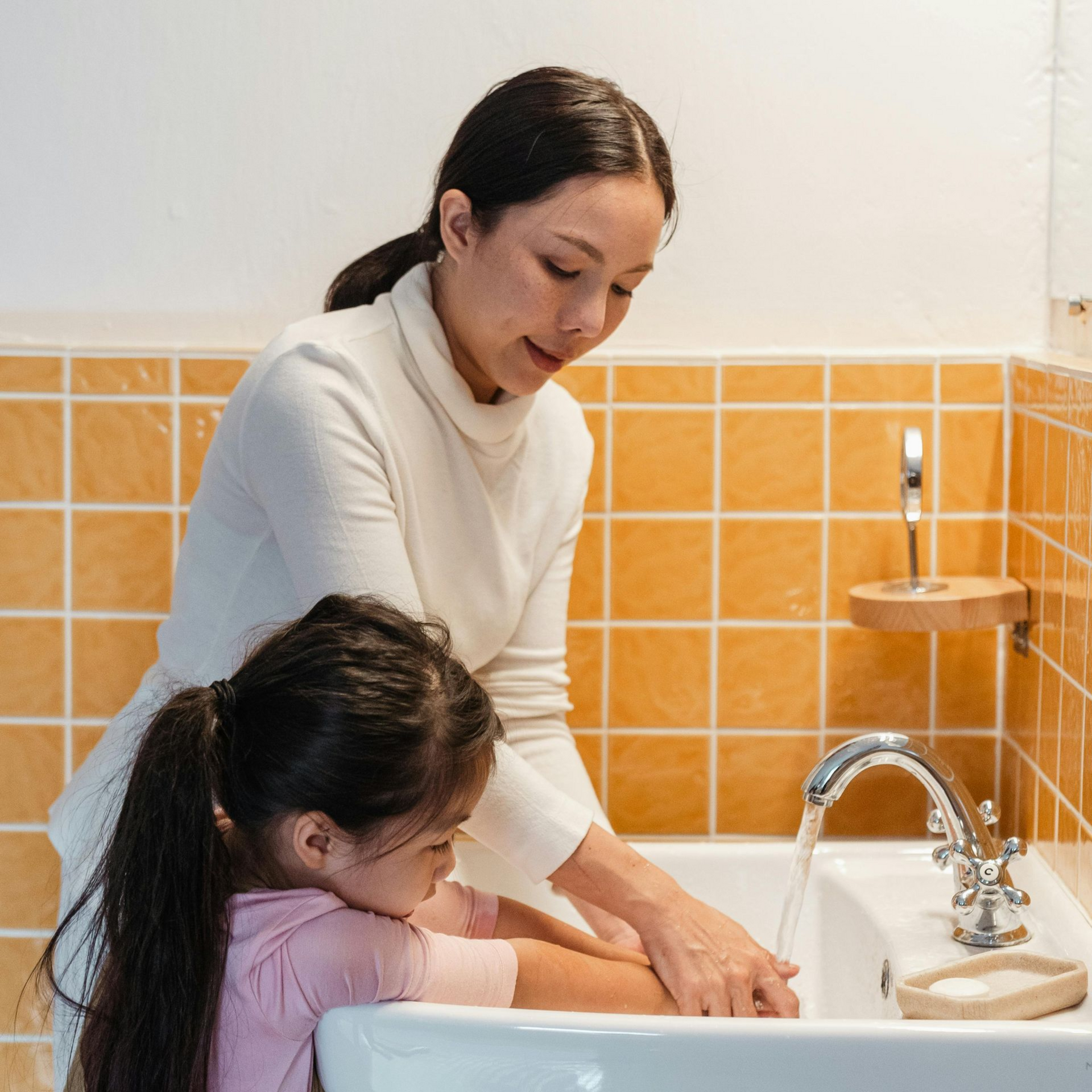Navigating the IEP Process in Illinois: A Parent’s Guide to Preparation and Rights
"Embarking on the journey of securing an Individualized Education Program (IEP) for your child can be both overwhelming and emotional. Understanding the process, your rights, and available resources can empower you to advocate effectively for your child's educational needs. This guide aims to provide clarity and support as you navigate the IEP process in Illinois."
Understanding the IEP
An Individualized Education Program (IEP) is a legally mandated document designed to meet the unique educational needs of students with disabilities. Under the federal Individuals with Disabilities Education Act (IDEA), eligible students are entitled to a Free Appropriate Public Education (FAPE) tailored to their individual requirements.
Step 1: Recognizing the Need for Evaluation
If you suspect your child has a disability impacting their learning, you have the right to request a comprehensive evaluation. In Illinois, schools are obligated to respond to such requests within 14 school days to determine if an evaluation is warranted. If agreed upon, the evaluation must be completed within 60 school days after receiving parental consent.
Step 2: Understanding Eligibility and the IEP Development Process
Once evaluations are completed, an eligibility meeting is convened to determine if your child qualifies for special education services. If eligible, the IEP team, including you as the parent, will develop the IEP document.
Key components include:
- Present Levels of Academic Achievement and Functional Performance (PLAAFP): A detailed overview of your child's current abilities and challenges.
- Measurable Annual Goals: Specific, attainable objectives your child is expected to achieve within a year.
- Special Education and Related Services: Tailored instructional services and supports to facilitate goal attainment.
- Participation with Non-Disabled Children: Extent to which your child will engage with peers in general education settings.
- Accommodations and Modifications: Necessary adjustments to the learning environment or curriculum to support your child's learning.
Step 3: Participating Actively in the IEP Meeting
Your involvement is crucial. As an equal member of the IEP team, you have the right to:
- Receive Prior Notice: Schools must provide written notice of the IEP meeting date and time at least 10 days in advance.
- Access Evaluation Reports: Obtain copies of all evaluation reports prior to the meeting to prepare adequately.
- Invite Support Persons: Bring individuals with knowledge or expertise regarding your child, such as advocates or therapists.
Step 4: Reviewing and Implementing the IEP
After the IEP is developed:
- Consent for Services: Your written consent is required before the implementation of special education services.
- Timely Implementation: Services outlined in the IEP should commence promptly, typically within 10 school days of the IEP meeting.
- Regular Monitoring: The IEP must be reviewed at least annually to assess progress and make necessary adjustments. Additionally, a comprehensive reevaluation is required every three years to determine continued eligibility and appropriate services.
Understanding Your Rights and Procedural Safeguards
Illinois provides specific procedural safeguards to protect your rights and those of your child:
- Independent Educational Evaluation (IEE): If you disagree with the school's evaluation, you have the right to request an IEE at public expense.
- Prior Written Notice: Schools must inform you in writing of any proposed changes to your child's identification, evaluation, or educational placement.
- Dispute Resolution: Options include mediation, due process hearings, and filing complaints with the Illinois State Board of Education (ISBE).
- Working with an Advocate: Parents can choose to work with a special education advocate who can help navigate the IEP process, provide guidance on legal rights, and support parents in negotiations with the school district. Advocates are particularly helpful in cases where parents feel their child's needs are not being met or if they face resistance from the school.
Additional Resources for Illinois Parents
Empowering yourself with knowledge and support is vital. Consider the following organizations:
- Illinois State Board of Education (ISBE) Special Education Services: Offers guidance on policies, procedures, and dispute resolution.
- Family Matters Parent Training and Information Center (FMPTIC): Provides workshops, resources, and individual assistance to parents navigating special education.
- Equip for Equality: Offers legal advocacy and resources for families of students with disabilities.
- Reading a student's IEP (downloadable PDF)
- Illinois Legal Aid Online: Provides comprehensive information on special education rights and processes.
- Wright's Law: A national resource providing legal and advocacy guidance on special education law.
- A Day In Our Shoes: A resource-rich website dedicated to empowering parents of disabled children by providing guidance, tools, and support to confidently navigate their child's Individualized Education Program (IEP) or 504 plan.
Final Thoughts
Navigating the IEP process requires patience, knowledge, and collaboration. Remember, as a parent, you are your child's most ardent advocate. By understanding your rights, actively participating in meetings, and utilizing available resources, you can ensure that your child receives the personalized education they deserve. While the journey may present challenges, you are not alone—numerous organizations and professionals are ready to support you every step of the way.
Note: The information provided in this guide is based on current Illinois regulations and federal laws as of March 2025. For the most up-to-date information, always consult official state and federal resources.
Accountability
|
Integrity
|
Empathy
|
Collaboration










